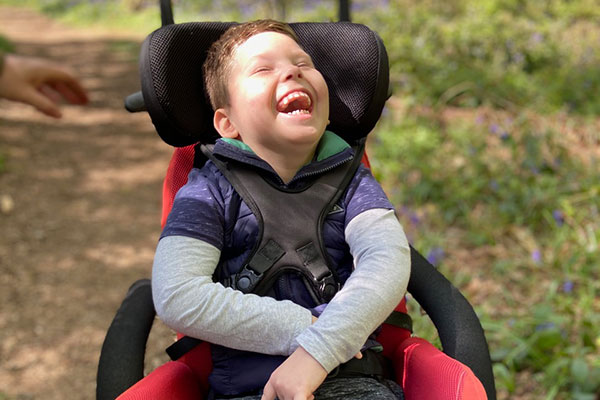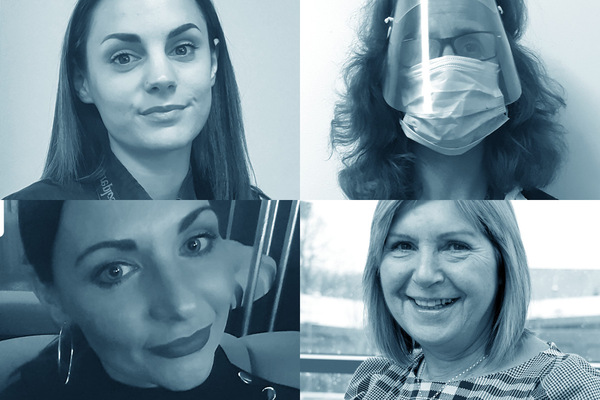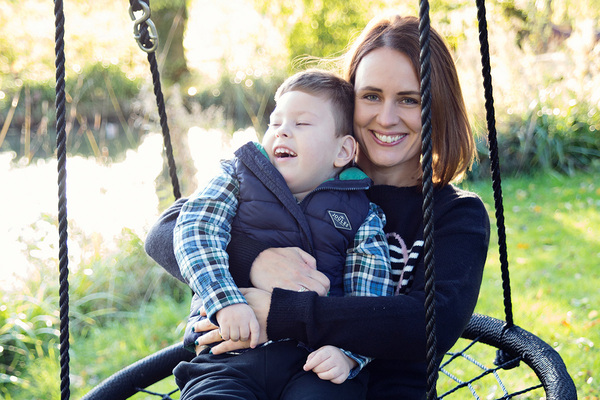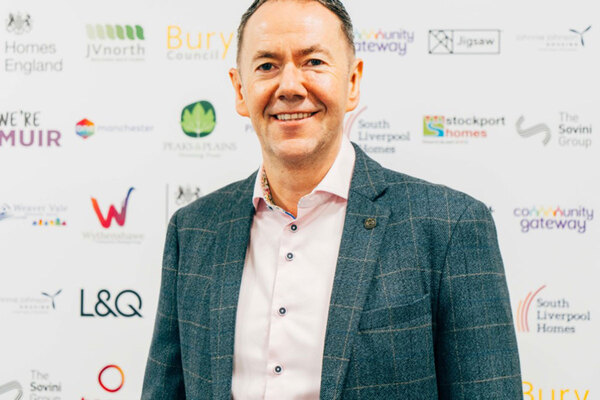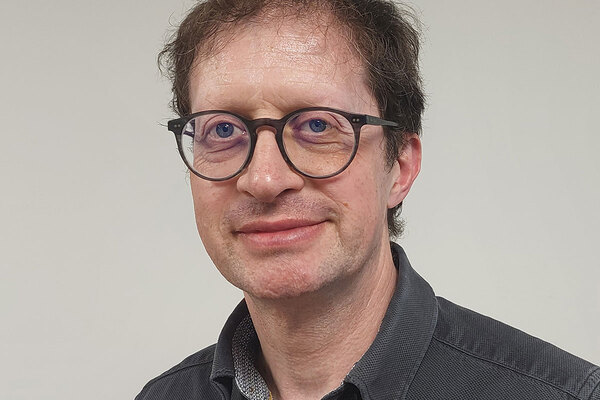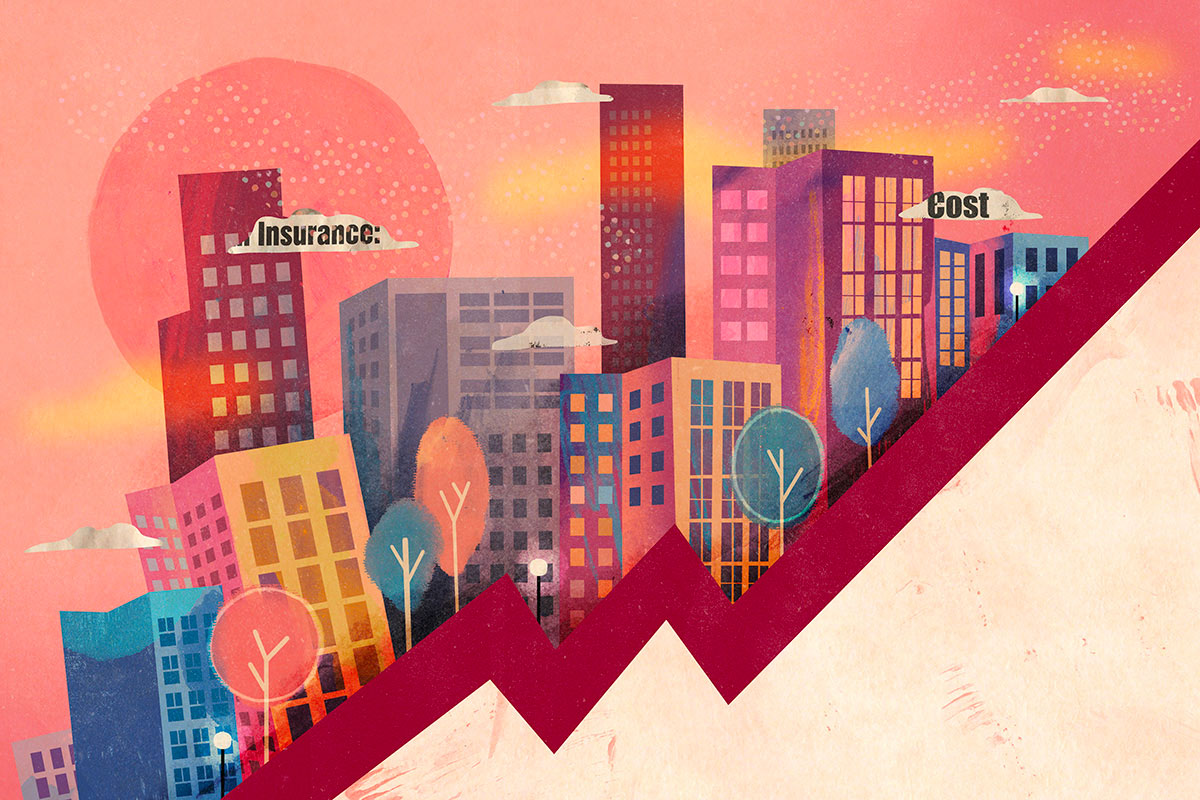
Coronavirus has made it more important than ever to look after – and house – our carers
The coronavirus crisis has shown just how vital our carers are. We must make sure we give them a safe home, says Ann Kruyer
The coronavirus outbreak has affected all our lives – but particularly those of the most vulnerable in society. As the manager of Move On Up, a unique small-scale housing project run by Quaker Social Action for young adult carers in east London, my overarching concern has been and continues to be the well-being of our residents.
Before the crisis, about half of our residents were in work and half on benefits. As the lockdown was announced, most of those in work were laid off from their often insecure, zero-hour contracts.
We had to respond quickly and, with the help of another Quaker Social Action project, food parcels were delivered to those struggling.
Once these immediate needs were met, furlough payments received and new Universal Credit claims processed, it was time to think about the weeks ahead.
Most of our residents continue to care for family members and the lockdown has caused significant stress and practical issues for them. Some have responded by moving into the family home to avoid potential contamination. Others initially stayed away from their vulnerable relatives to try to protect them but then found that their support was vital. Some cannot see their relatives at all as they are in care homes.
It is a time of worry and heightened anxiety. One tenant, Sarah (not her real name), who cares for her parents and younger siblings, said to me recently: “What if one of them gets ill and ends up in hospital, can I visit? I’m their carer but what if I can’t see them? What if I get ill, who will look after them?”
One of the cornerstones of Move On Up is the way we deliver personalised one-to-one support. This support is targeted to help each tenant to move from where they are in their lives to where they want to be.
During the lockdown we have ensured that we speak to each resident as much as possible. Some residents welcome a weekly catch-up, others choose not to answer the phone or respond to messages at this time. I understand. The crisis has affected all of us in different ways and that might mean withdrawing. As our residents live in shared houses I am able to find out from housemates that everyone is OK.
Now that we are many weeks into lockdown and social distancing guidelines are likely to remain for some time, we have been thinking carefully about how we can continue delivering our project in future, meeting the needs of our residents. For now, we listen, we talk, we let them know that we are here for them. Even if that can only happen virtually, we reassure them that they have a safe place to live, that their tenancy is secure, and we continue trying to help them on their path to a better future.
Under these very challenging circumstances, we look forward to a time when we can sit with our tenants and listen to them face to face.
But for now, let’s go back to Sarah. Sarah cared for both parents from a young age. Like many young carers, she missed out in some part on school, building relationships with peers, developing independence and being able to fully realise herself and her potential outside of her family role. Who noticed? Who intervened to help and support her? No one, really. Not until she was 16 and her mother’s doctor made a referral to children’s services. Like many young carers, she had been largely invisible.
For too many young adult carers like Sarah, poor educational outcomes, financial insecurity, and a greater risk of relationship breakdown can leave them precariously housed – or even homeless. For residents of Move On Up, the properties are not just a secure place to live, but provide the independence people need to make an informed choice about their future.
“For too many young adult carers, poor educational outcomes, financial insecurity, and a greater risk of relationship breakdown can leave them precariously housed – or even homeless”
I hope that during Carers Week (8-14 June) and beyond, the needs of this marginalised and often invisible group are prioritised at a national and local level.
Move On Up provides valuable breathing space for young adult carers like Sarah to find their way during that often tricky transition to adulthood and independence. We feel that high-quality and affordable housing for young adult carers should be a priority.
June also marks two years since the government launched its Carers Action Plan, which ends this year. We are calling for the plan to be refreshed, and to include a specific focus on housing. The housing needs of young adult carers should also be on the agenda of the recently formed all-party parliamentary group on young carers. Let’s start to give them the recognition and support they deserve.
Ann Kruyer, Move On Up manager, Quaker Social Action
Move On Up is a unique supportive housing project for young adult carers run by charity Quaker Social Action in partnership with Commonweal Housing. It provides shared housing to young adult carers who are ready to make the often difficult transition to independence. The project houses 12 people at a time across four properties in east London, and residents receive regular one-to-one support around their needs and goals.

